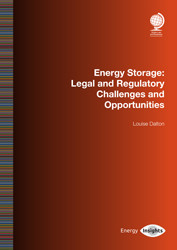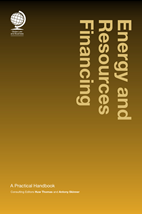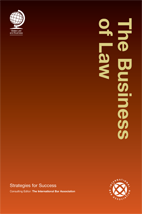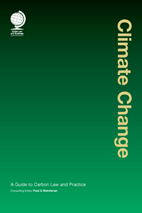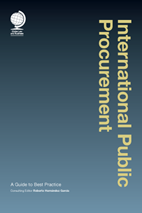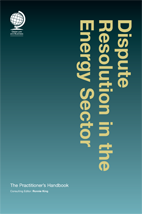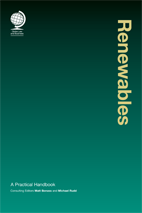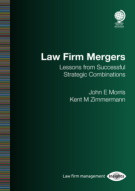
Consulting editor(s): Munir Hassan, CMS Cameron McKenna Nabarro Olswang LLP, Rajan Phakey, Dentons
Publication date: Mar 2017
Format: Hardback
Pages: 251
Price: £138.00
ISBN: 9781905783854
How our eBook platform works
How permanent access, multi-user eBooks work
Add to basket (UK and Europe)Add to basket (USA, rest of world)
Add to basket (UK and Europe)Add to basket (USA, rest of world)
With world electricity demand expected to double by 2030, the power sector is under increasing pressure to modernise and rise to the challenge of meeting global needs. While some countries are pressing ahead with conventional fossil-fuel based generation as a means of quickly meeting the needs of their rapidly expanding economies, in other countries the push for decarbonisation and diversification of the energy supply mix is beginning to take place at a rapid pace. The pace of expansion, technological challenges and political and social objectives are transforming the power sector.
Power: A Practical Handbook is aimed at readers looking for a single source which focuses on the key issues, with an emphasis on the practical approach to those issues in the real world. It is a comprehensive guide to understanding the commercial, economic and legal principles that underpin the power sector.
Topics covered include significant energy policies in recent years; an explanation of industry structures and legal frameworks; economic perspectives on market liberalisation and the regulation of monopoly power networks; a look at conventional and renewables generation technologies and the issues arising from those; and smart meters and smart grids.
The book also covers subjects connected to the development of power projects including financing issues, construction, operation and maintenance arrangements, fuel supply agreements, approaches to power offtake, electricity trading and environmental issues.
Edited by Munir Hassan, Partner and Head of Clean Energy at CMS, and Rajan Phakey, a Partner at Dentons, the book includes contributions by leading experts from energy utilities, project developers, lawyers, economists, academics and financiers.






